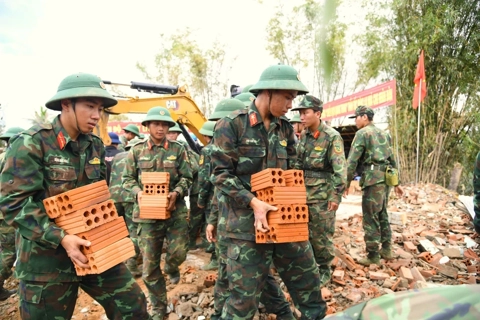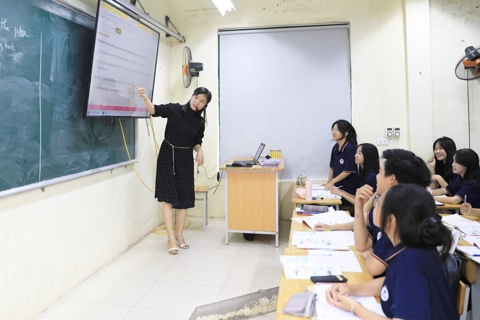WHO and EU support Vietnam’s Covid-19 fight
The South-East Asia Pandemic Response and Preparedness program, executed in 42 months, is part of the EU's €350 million solidarity response to support ASEAN nations in tackling the Covid-19 pandemic.
The World Health Organization (WHO) and the European Union (EU) has recently announced a new €20 million program to support the preparedness and response capacities of ASEAN nations, including Vietnam, as part of Team Europe's global response to the coronavirus pandemic.
The grant is aimed at continuing supporting the governments of Cambodia, Indonesia, Laos, Malaysia, Myanmar, the Philippines, Thailand and Vietnam in enhancing regional coordination of the Covid-19 response and strengthening the capacity of health systems in South-East Asia, while paying special attention to vulnerable populations.
Vietnam is among the few countries to have successfully contained Covid-19. |
The South-East Asia Pandemic Response and Preparedness program, executed in 42 months, is part of the EU's €350 million solidarity response to support ASEAN nations in tackling the Covid-19 pandemic.
The program will strengthen monitoring and testing capacities of ASEAN member states, as well as the capacity of their health institutions and workers to manage the caseload while maintaining essential health services.
The program will also support timely and transparent communication about the pandemic, and help reach people living in rural and remote areas with information about the preventive measures, symptoms and risks.
To address the health and socio-economic impacts of the coronavirus pandemic, the EU has reoriented programs in South-East Asia, while focusing particularly on the need for public communication and research.
The EU is one of WHO's key partners, especially in response to medical emergencies. The partnership will go a long way to ensure that Southeast Asia will be stronger and more resilient during the pandemic, said Dr. Bonam Khetrapal Singh, WHO regional director for Southeast Asia.
For Vietnam, he commended the country’s quick and effective emergency response to the Covid-19 pandemic, adding it was among the few countries to have successfully contained the virus.
Vietnamese researchers are working hard to get a Covid-19 vaccine ready for human clinical trials by the end of this year. A Vietnamese Covid-19 vaccine named Nanocovax, developed by Nanogen Pharmaceutical Biotechnology JSC, commenced human trials last Thursday, with a planned national distribution date of May next year, should results prove positive.
The country has gone more than two weeks without fresh community transmissions.












